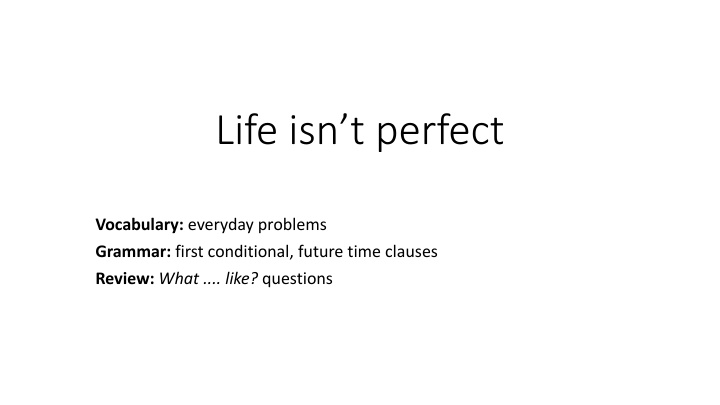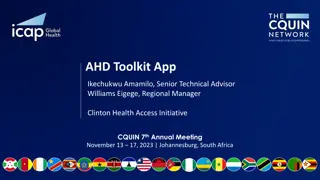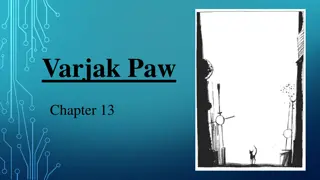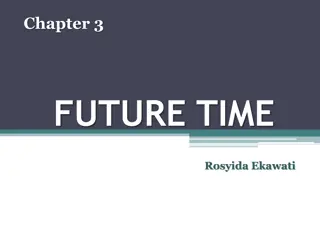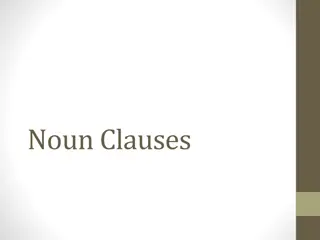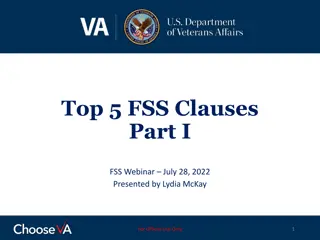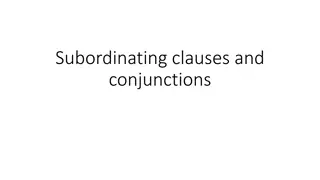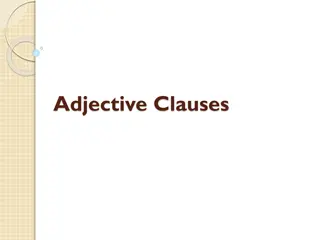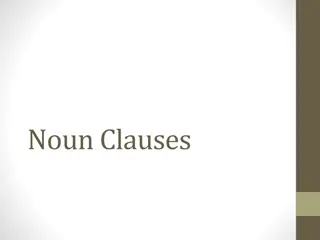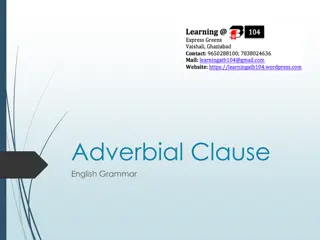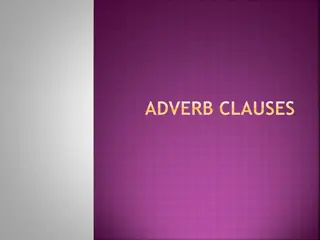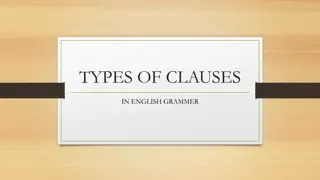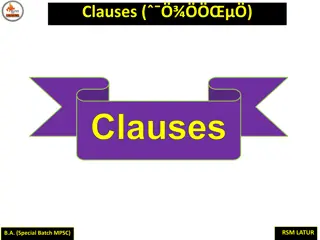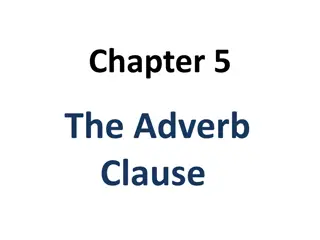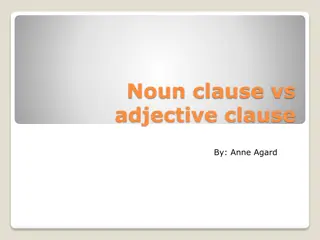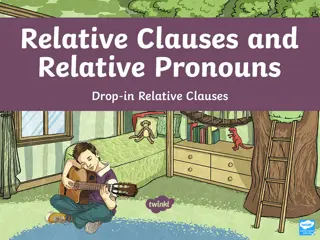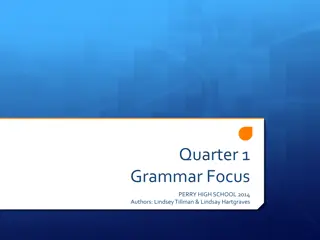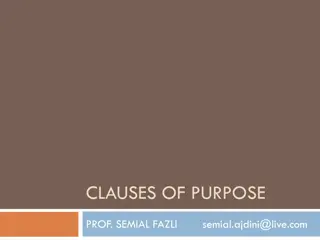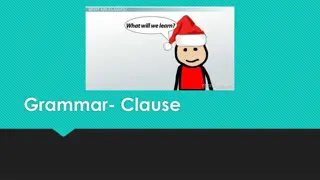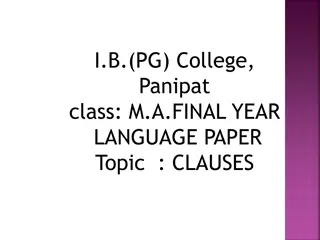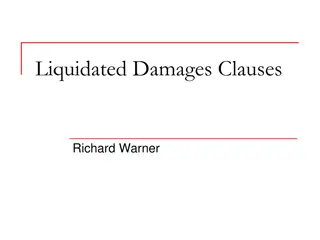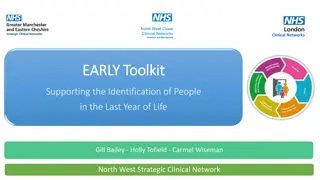Language Learning Toolkit: Everyday Problems & Future Clauses
Dive into vocabulary on common issues, grasp first conditional grammar, and explore future time clauses with practical exercises. Enhance your language skills now!
Download Presentation

Please find below an Image/Link to download the presentation.
The content on the website is provided AS IS for your information and personal use only. It may not be sold, licensed, or shared on other websites without obtaining consent from the author.If you encounter any issues during the download, it is possible that the publisher has removed the file from their server.
You are allowed to download the files provided on this website for personal or commercial use, subject to the condition that they are used lawfully. All files are the property of their respective owners.
The content on the website is provided AS IS for your information and personal use only. It may not be sold, licensed, or shared on other websites without obtaining consent from the author.
E N D
Presentation Transcript
Life isnt perfect Vocabulary: everyday problems Grammar: first conditional, future time clauses Review: What .... like? questions
9A Everyday problems (p.68) Please, open your books, p. 68 and try to do exercise 1 (matching) Below, you can find help with new vocabulary Oversleep sleep longer than you planned to in the morning Get lost you don t know where you are or where to go Miss arrive too late to do something Run out of use all of something so there is no more left Have an accident to have something bad that happens and often hurts people Get stuck not be able to move After that try to answer the question: Which of these situations do you often do or have you done in the past?
Listening and Grammar After that, instead of Listening, please open your book on the page 153, and read the tapescript R9.1. Now, do execrcise 3 on the page 68. Answer key: b) 1-B; 2-C; 3-A c) 1. Natalie; 2. Kathryn; 3. Brian; 4. Brian; 5. Rebecca
First Conditional We use the First Conditional to talk about the result of a possible event or a situation in the future 1) If I m late again, I ll lose my job. 2) We will miss the plane if we don t get there by five. The if clause talks about things that are possible, but not certain The main clause that we think the result will be in this situation If clause main clause (if + Present Simple) (will/won t + infinitive) When we start the sentence with the if clause we use a comma (,) after this clause (e.g. 1). When we startstart with the main clause we don t use a comma (e.g. 2).
Now, lets practice First conditional. Could you please, do exercise 4/6, p. 68/69, Student s book, and exercise 2/3/4, lesson 9A, Workbook. For more information on First conditional please visit https://www.e-grammar.org/conditional-1-exercises-pdf/
Future time clauses with when, as soon as, before, after, until (p. 69) We can use sentences with when, as soon as, before, after, and until to talk about the future: I ll pack before I go to bed. After these words we use the Present Simple: I ll call Bill when I get home. In the main clause we use will/won t + infinitive: As soon as I finish this report, I ll go to the bank. We use when to say we are certain something will happen. We use if to say something is possible, but it isn t certain. We use as soon as to say something will happen immediately after something else. We use until to say something stops happening at this time.
Now, lets practice Time clauses. Could you please, do exercise 8/9, p. 69, Students book, and exercise 5/6, lesson 9A, Workbook. For more information on Time clauses please visit https://www.e-grammar.org/time-clauses/ Thank you for your attention! #Stay positive! #Stay healthy! #Stay home! Lecturer Ivana Mila i ivana.milacic@udg.edu.me
